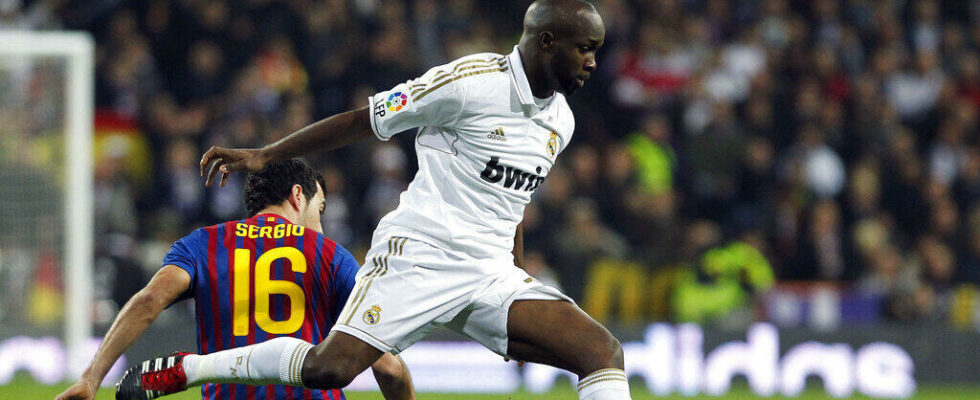The Court of Justice of the European Union handed down a ruling this Friday, October 4, which will revolutionize the world of football and its transfer market on the conditions under which a player can terminate his contract with a club.
3 mins
After the Bosman judgment, the judgment just handed down by the European Court of Justice could take the name “Diarra” (Lassana) on the initiative of this judgment. At the request of Belgian justice, the high court established in Luxembourg examined the case of the former French international who had contested, ten years ago, the conditions of his departure from Lokomotiv Moscow. This departure was accompanied by financial penalties which pushed Sporting de Charleroi to abandon its recruitment. European justice ruled this Friday that certain Fifa rules governing transfers between clubs are “contrary” to European Union law and “likely to hinder the free movement” of professional footballers, the Court of Justice ruled this Friday. justice of the European Union.
The Bosman 2.0 affair…
The defensive midfielder, now retired from the field, first turned to the Belgian justice system, which ended after several twists and turns by questioning the Court of Luxembourg to decide a case relating to the “free movement of workers” in the EU.
Several FIFA rules were targeted, including those governing disputes between a footballer and his ex-employer, and which “ have the real purpose of dissuading all players from breaking up », accuses Belgian lawyer Jean-Louis Dupont, who defends Diarra.
“ In a way, the Lassana Diarra affair is the Bosman 2.0 affair », Estimates this council, which was already in the maneuver thirty years ago with the Belgian Jean-Marc Bosman, at the origin of the 1995 ruling bearing his name, which put an end to the quotas of foreign players in a club.
A door for Congolese Chancel Mbemba?
The Diarra affair dates back to 2014, when the Frenchman with 34 caps for the Blues got angry with Lokomotiv Moscow following a drastic reduction in his salary which he considered unjustified. His contract, initially covering three seasons, was terminated, and the Moscow club demanded 20 million euros from him – later reduced to 10.5 million – for the damage suffered. This is based on FIFA rules relating to a departure considered unjustified and abusive by the club.
Sporting de Charleroi then tried to recruit Diarra, but the transfer was unsuccessful, the Belgian club being chilled by the prospect of having to pay part of the sum as co-debtor.
With this opinion, European justice could allow a player “in the loft”, that is to say clearly excluded from the group, to unilaterally terminate his contract without his future club being responsible for the legal risks and the fine incurred. A player like Congolese Chancel Mbembacurrently placed in the “loft” in Marseille, could thus break his contract and join a club.
